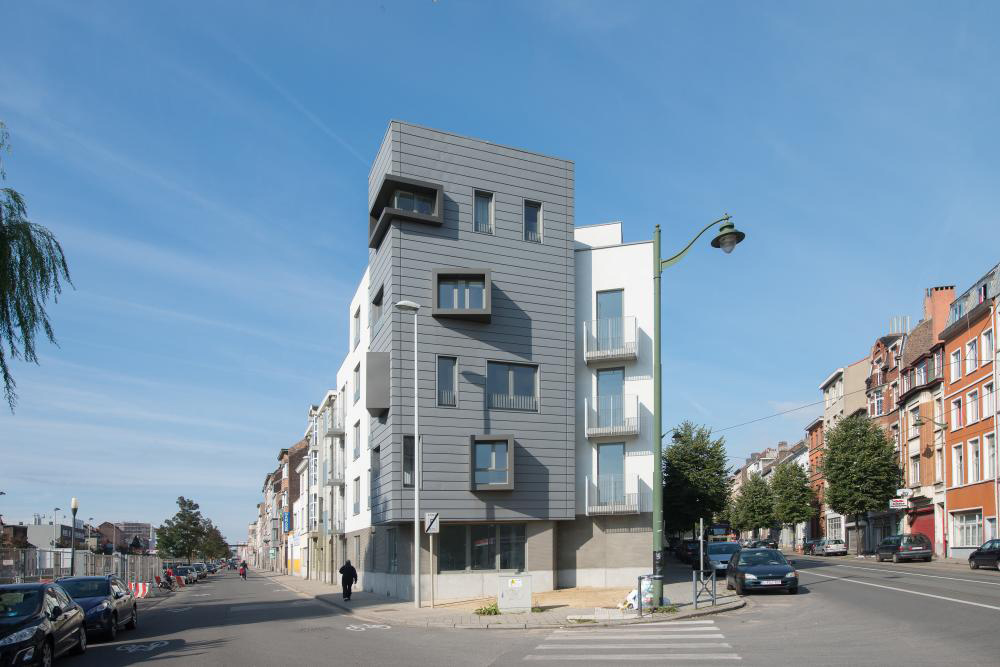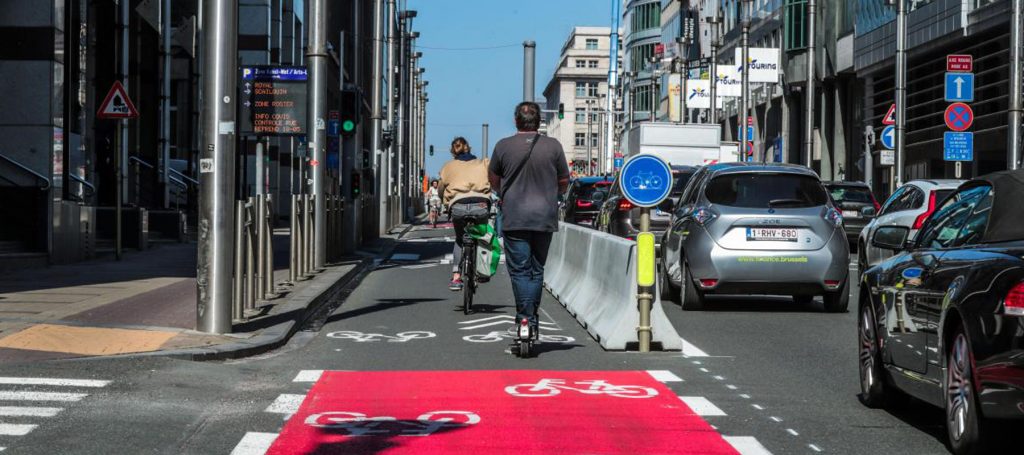Recovery and resilience plan: Brussels projects to kick off soon
Within the framework of NextGenerationEU, a temporary instrument created by Europe to boost the recovery of its Member States in a post-COVID-19 Europe, a budget of 395 million euros will be used to implement a series of investments and reforms in Brussels.
The EU developed NextGenerationEU to mitigate the social and economic impact of the coronavirus pandemic. This temporary instrument was designed to boost the recovery. Its mainstay is the Recovery and Resilience Facility.
The purpose of this facility is to grant financial support as well as loans (on demand) to the Member States, in exchange for a coherent series of reforms and investments.
Europe approved Belgium’s recovery and resilience plan
Belgium is one of 12 Member States to have submitted a recovery and resilience plan before the deadline (30 April 2021) and the European Commission has already given it the green light.
This national plan will be supported by European subsidies to the tune of nearly 6 billion euros and includes 140 measures (35 reforms and 105 investments). Green and digital transitions account for 50 and 27% of the measures, respectively.
This is a unique and particularly ambitious plan, both in terms of the objectives to be achieved and because of its timeline. The projects will be implemented quickly and will run until 2026.
Investment and reform projects in the Brussels-Capital Region
The Belgian recovery and resilience plan provides for a budget of 395 million euros for the Brussels-Capital Region, which covers 14 investment projects and 5 reform projects.
These include projects for the renovation of social housing and public buildings, the digitisation of processes involving citizens and businesses, the finalisation and improvement of bicycle networks, charging infrastructure for electric vehicles, the greening of a fleet of buses, digital reinforcement for Brussels schools and the revival of the labour market.
Finally, the plan will also help improve crisis preparedness, adaptability and growth potential following the coronavirus pandemic.




